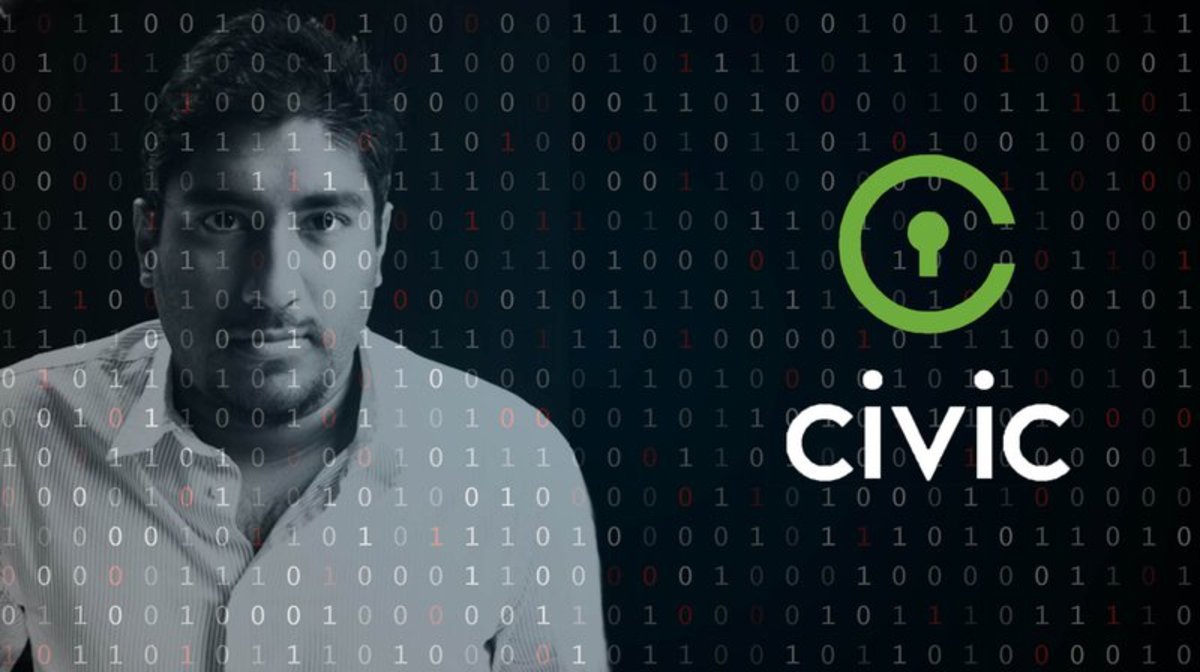
Already working with the Department of Homeland Security and the Bill & Melinda Gates Foundation to secure records on their blockchain, Factom has now set its sights on the trillion-dollar mortgage industry. Having launched its new Factom Harmony solution in March, the company hopes to attract big banks and host their sensitive mortgage data. By increasing the efficiency of document management, Harmony will allow a seamless transaction process between lenders and brokers, without them having to worry about lost documents, altered agreements or incomplete records.
Built on the Factom Apollo data management solution, which allows users to store and create immutable digital records, Harmony “works with existing imaging or document management solutions to create secure, transparent, unalterable records for final loan documents.” In the process, every file is secured within a blockchain container, locking in the order of the final documentation, recording each person who accesses files and rejecting duplicate documents.
Factom refers to this system as “a perfected digital audit vault” for each specific loan. Thus the core product behind Factom Harmony is called Digital Vault, which locks into time the most important closing documents and gives a complete history of every file from origination to close.
As an all-inclusive solution, Factom Harmony
- creates a permanent record and index of final loan documents, making audits smooth by reducing quality control, due diligence and review time;
- reduces costs by creating a single source that organizes the final documentation and provides cryptographic truth that each document is an authentic copy;
- provides access control to multiple parties that can collaborate under audit conditions and exceptions, and includes an immutable audit trail of all actions on each document in real-time, giving a true history of every loan;
- opens a secure audit room or due diligence deal room that can be tracked on the Factom blockchain.
According to Peter Kirby, CEO of Factom Inc., “The Harmony solution and the underlying Factom blockchain provide lenders with something that was fundamentally missing from the industry. With Harmony, a lender is able to create a final set of documents for each closed loan.”
Right now, origination of a loan has underlying costs of about $7,500 per loan — up from approximately $2,500 per loan in 2006. The costs have tripled over the last few years as banks have been forced to step up their efforts to be in compliance with new laws.
Factom Harmony addresses many of the redundancy issues associated with these efforts by permanently documenting the process from the moment documents are first created, and then allowing that data to be quickly shared and verified digitally. Having digital records that can be securely shared and verified also speeds up financial institutions’ ability to settle transaction among themselves. Factom does not claim to move money faster, but it does attempt to allow others to have the confidence in the data they are reviewing and thus speed up the processes.
According to Factom, Harmony is the first practical and effective deployment of blockchain technology in the mortgage industry. Through combining blockchain technology, advanced cryptography tools and a digital fingerprint for each document or data file, lenders can securely store and expose individual loan files or documents to various third parties.
“This technology dramatically changes the approach and reduces the costs for audits, third-party reviews, litigation costs and due diligence costs,” Jason Nadeau, executive vice president of Factom, said in a statement. “The combination of blockchain and digital signature technology within Factom’s solution creates a solution where the benefits of digital signatures and electronic vaulting are now available for all documents without having to deploy any eMortgage or eClosing technology.”
Toni Moss is the founder and CEO of AmeriCatalyst LLC, an advisory firm located in Austin, Texas, specializing in corporate strategy, business development, market intelligence and market positioning for companies engaged in all sectors of the residential real-estate and housing finance industry in the North American market. Moss has advised clients including Citigroup, Goldman Sachs, Deutsche Bank, the European Commission and the Kingdom of Saudi Arabia. Well-known in the U.S. mortgage industry, she is a big fan of Factom Harmony, and had this to say about the blockchain-based solution:
“The industry remains disparate and fractured with regard to the acquisition, management, distribution and protection of data, with a wide variety of third-party providers, proprietary platforms and programming languages. It’s just a matter of time before mortgage data is aggregated into a secure and centralized industry utility — and blockchain [technology] is the most promising catalyst to enable it,” Moss said to Bitcoin Magazine.
“As data becomes more plentiful, accurate, accessible and immutable, investors will have the confidence to return to the mortgage market; processing, servicing and transactional costs (should) decrease; and the market itself will be far more secure and sustainable in the long-term.”
Factom has yet to announce any contracts or partnerships related to its mortgage solution, but the time is right for big banks to start utilizing blockchain technology. In a separate recent development for the company, the Factom blockchain was made accessible to Chinese developers through WanCloud, a product released by Wanxiang Blockchain Corporation to drive progress among Chinese enterprises.










